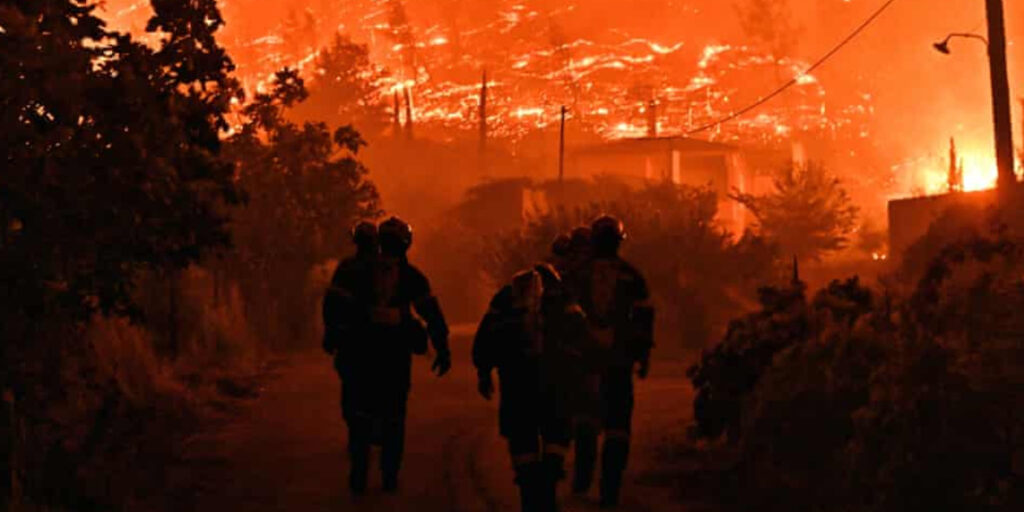A former EU environment commissioner, Virginijus Sinkevičius, has raised alarms over the European Union’s decision to delay its landmark deforestation law, warning that such backsliding undermines efforts to protect nature and combat the climate crisis. Sinkevičius, now a Lithuanian MEP and vice-president of the European Parliament’s Green group, criticized the decision to grant companies an extra year to ensure their products do not contribute to deforestation.
The deforestation law, initially drafted under Sinkevičius’ leadership, aims to ban the sale of commodities like cocoa, coffee, soy, and palm oil, as well as products such as chocolate, leather, and furniture, that are linked to deforestation. The legislation, intended to combat global forest loss, faced last-minute amendments after intensive lobbying by industry and forested countries, resulting in a one-year implementation delay.
Impact of Delaying the Deforestation Law
Sinkevičius described the delay as a setback that rewards companies failing to prepare for compliance, adding, “A last-minute change does not give credibility to the EU’s decision-making.” He emphasized that the law was designed to create fair competition, leveling the playing field for businesses actively working to avoid deforestation against competitors who exploit lax regulations.
In 2023 alone, 6.37 million hectares of forest were lost globally due to agricultural expansion, mining, and other activities, according to the Forest Declaration Assessment. Sinkevičius argued that the urgency of such environmental crises demands immediate action, not delays.
Broader Challenges to EU Green Policies
The deforestation law is one of several environmental measures under pressure in the current EU political climate. The European Parliament, with a record number of far-right lawmakers, has proposed reversing key green policies, including the 2035 ban on petrol and diesel car sales and suspending pollution trading for heavy industries.
Sinkevičius cautioned against abandoning green policies, stating, “It would be the biggest possible mistake to now shift to reverse gear.” He highlighted the “clean industrial deal” promised by European Commission President Ursula von der Leyen as a crucial test for the EU’s future economic and environmental direction.
Nature Protection and Economic Balance
Reflecting on his tenure as the EU’s youngest-ever environment commissioner, Sinkevičius acknowledged the challenges of prioritizing nature protection amid economic pressures. He expressed hope that the new European Commission would balance these concerns, despite recent rollbacks like abandoning the ambition to halve pesticide use by 2030.
Sinkevičius also called for tailored solutions to environmental goals, noting that blanket targets, such as the pesticide reduction plan, could unfairly penalize certain member states. He advocated for national strategies that consider historical pesticide use.
As a former commissioner, Sinkevičius aims to bridge divides between the Greens and other pro-EU groups in the European Parliament. While acknowledging the challenges of collaboration in the current political landscape, he emphasized the Greens’ reliability and commitment to a stable, pro-European agenda.


